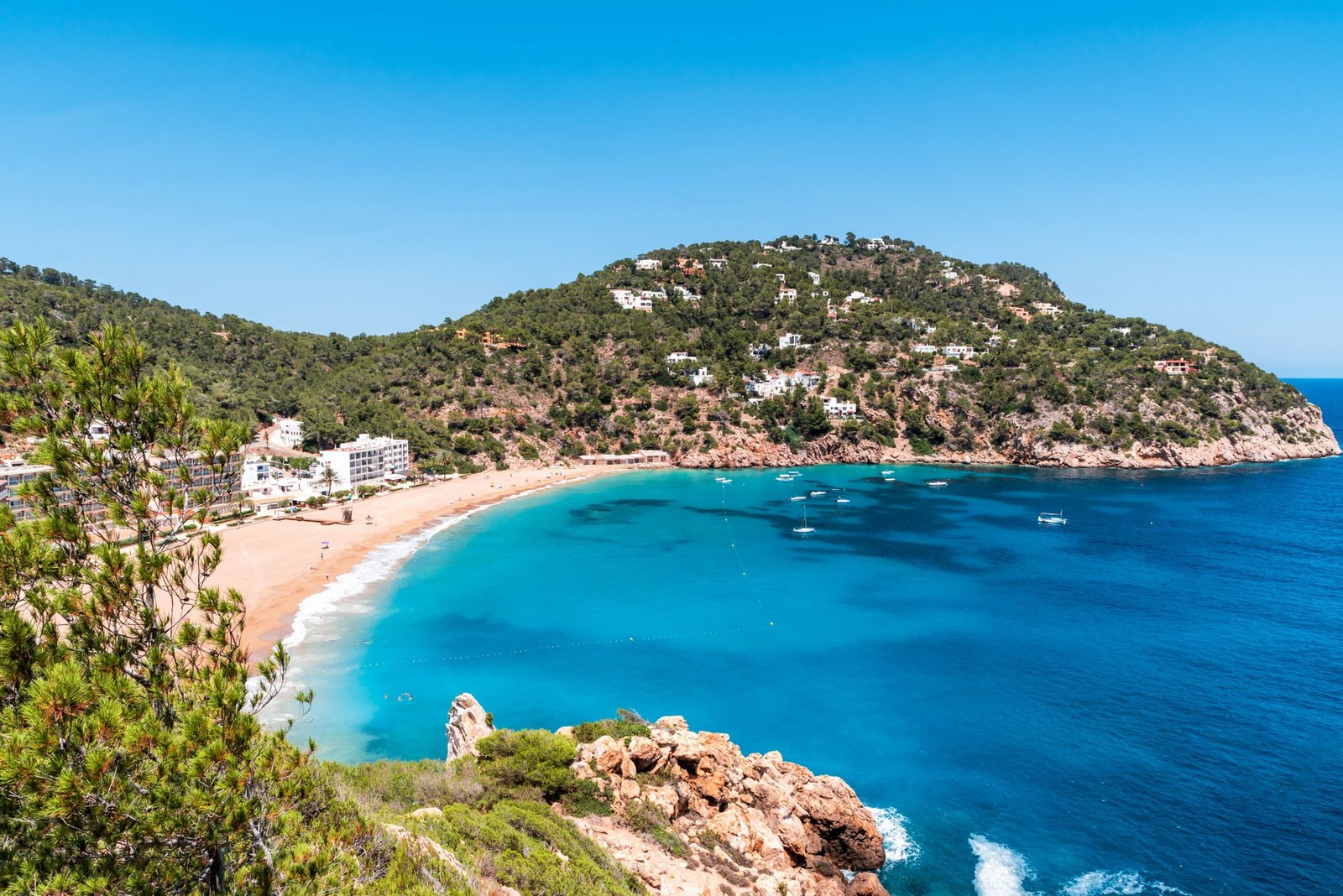Hungary: Residents in Terézváros, the District VI of Budapest, are set to vote soon in a referendum which proposes to ban Airbnb from listing properties for short-term rental in the neighbourhood.
While critical locals claim that short-term rentals are partly contributing to rising property prices in the Budapest district, it is believed that around seven per cent of units in Terézváros, or an estimated 2,200 properties, are currently being rented out on platforms like Airbnb. The neighbourhood is one of the most popular areas in Budapest for tourists as many theatres, shops, restaurants, bars and cafes, and the Hungarian State Opera, are located there.
Tamas Soproni, the mayor of the district, told Euronews that there is no specific threshold that the referendum proposal must meet, although at least “a few thousand” people would need to vote in favour of an Airbnb ban for the local government to consider it for further debate.
Soproni said: “Unfortunately, the reason why we ask this question is because we have no other legislative option. There is only so much that municipalities can do.”
Hungary’s government, led by Prime Minister Viktor Orbán, has previously approved legislation paving the way for local governments to increase the regulation of short-term rentals in Budapest. The drive to regulate the industry more strictly has been motivated by a desire to protect Hungary’s hotel industry, which is a key revenue driver for the country’s tourism, as well as to address the shortage of available housing stock in the capital and the surge in rental prices for apartments.
Elsewhere in Europe, a referendum is due to be held in the Portuguese capital city of Lisbon that could impose more limits on holiday rentals, while in Barcelona, mayor Jaume Collboni is proposing to introduce a ban on all short-term rentals for tourists by late 2028.







